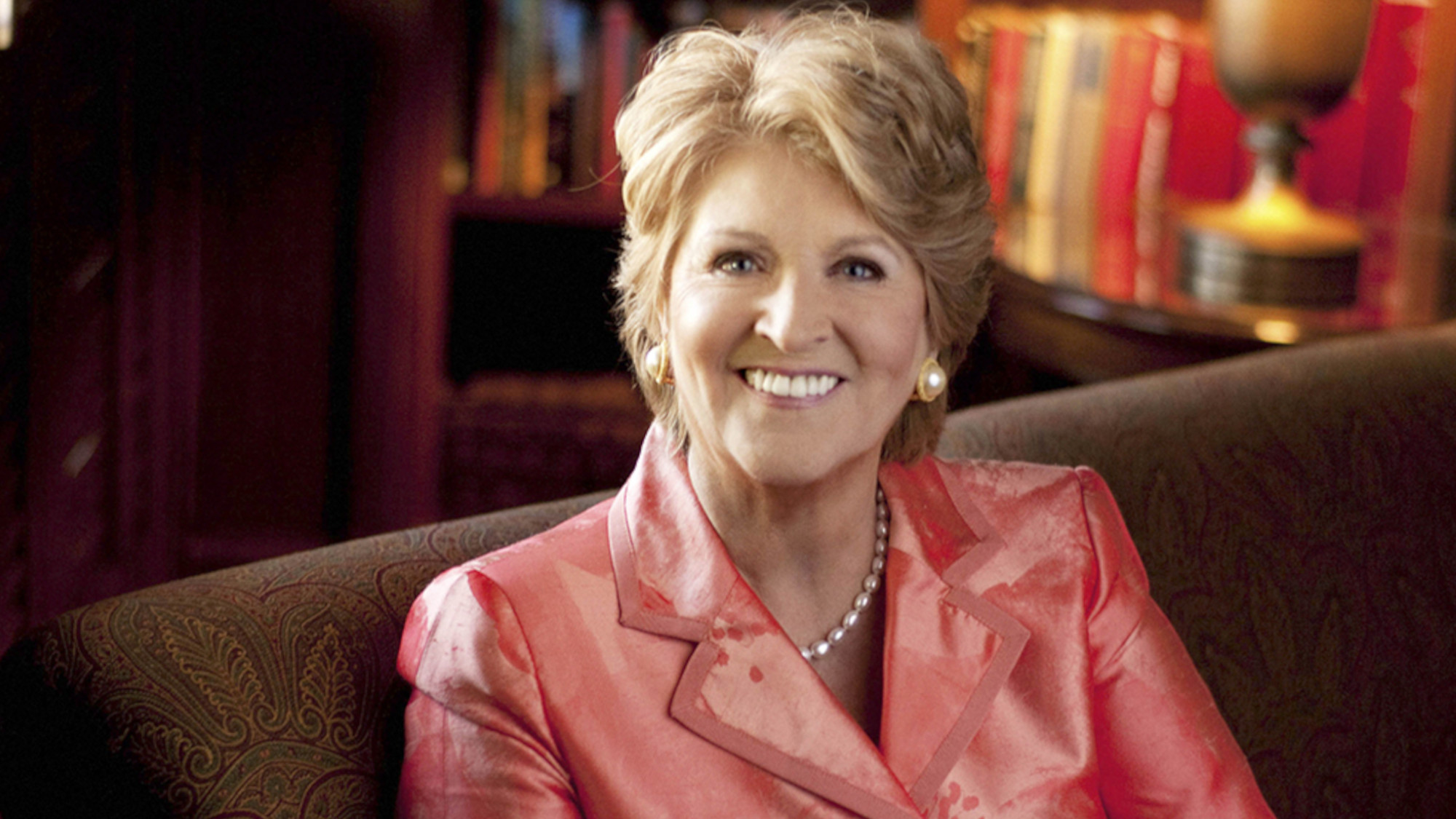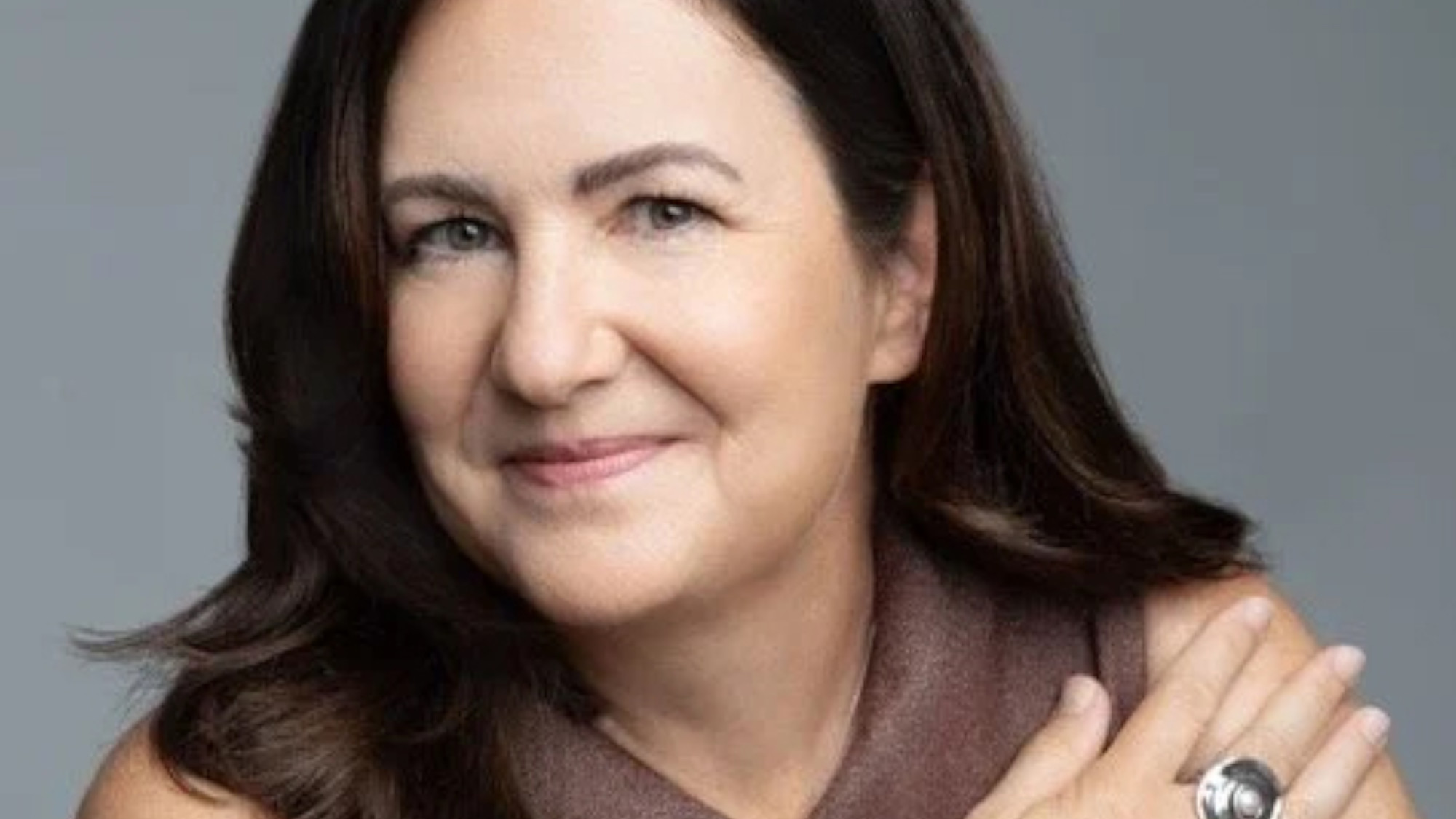Erik Larson
A free daily email with the biggest news stories of the day – and the best features from TheWeek.com
You are now subscribed
Your newsletter sign-up was successful
Erik Larson is the author of Isaac’s Storm and The Devil in the White City, two best-selling works of historical nonfiction. His work has also appeared in The New Yorker, Time, and The Atlantic Monthly.
The Guns of August by Barbara W. Tuchman (Vintage, $15). I consider Tuchman’s account of the origins of World War I to be one of the finest nonfiction books ever written, the model for how to tell history as story. I love the way she creates suspense in describing those awful moments before the war when a simple act of courage or humility might have prevented the whole grim affair.
Roseanna by Maj Sjowall and Per Wahloo (Vintage, $12). Roseanna, about the murder of a young American woman in Sweden, is the best of an excellent series of detective novels written by these Swedish authors in the 1960s and ’70s. Most striking is the power of the author’s prose, as spare and full of melancholy as the Swedish landscape in winter.
The Week
Escape your echo chamber. Get the facts behind the news, plus analysis from multiple perspectives.

Sign up for The Week's Free Newsletters
From our morning news briefing to a weekly Good News Newsletter, get the best of The Week delivered directly to your inbox.
From our morning news briefing to a weekly Good News Newsletter, get the best of The Week delivered directly to your inbox.
The Maltese Falcon by Dashiell Hammet (Vintage, $11). I adore this book, on all levels, and often pick it from my shelf just to snack on Sam Spade’s monologue when he explains to Hammet’s engagingly corrupt heroine why he must turn her over to the police. It’s the Casablanca of detective stories, and Hammet tells it in a clean, cool style devoid of adverbs, compound adjectives, and other scaly matter.
Dark Star by Alan Furst (Random House, $13). If Tolstoy had written about the life and travels in 1937 of a Polish agent in the Soviet secret police, Dark Star might have been the result.
Independence Day by Richard Ford (Vintage, $14). Every July 4th I read all or part of this book for the way Ford captures the hot, sad stillness of a suburban summer. It’s magical how, without a single weepy note, Ford creates an appealing mixture of sorrow and resignation in his divorced, ex-sportswriter hero.
Caroline’s Daughters
A free daily email with the biggest news stories of the day – and the best features from TheWeek.com
-
 ‘Those rights don’t exist to protect criminals’
‘Those rights don’t exist to protect criminals’Instant Opinion Opinion, comment and editorials of the day
-
 Key Bangladesh election returns old guard to power
Key Bangladesh election returns old guard to powerSpeed Read The Bangladesh Nationalist Party claimed a decisive victory
-
 Judge blocks Hegseth from punishing Kelly over video
Judge blocks Hegseth from punishing Kelly over videoSpeed Read Defense Secretary Pete Hegseth pushed for the senator to be demoted over a video in which he reminds military officials they should refuse illegal orders
-
 Beth Macy’s 6 favorite books about living in a divided nation
Beth Macy’s 6 favorite books about living in a divided nationFeature The journalist recommends works by Nicholas Buccola, Matthew Desmond, and more
-
 Gilbert King’s 6 favorite books about the search for justice
Gilbert King’s 6 favorite books about the search for justiceFeature The journalist recommends works by Bryan Stevenson, David Grann, and more
-
 Nathan Harris’ 6 favorite books that turn adventures into revelations
Nathan Harris’ 6 favorite books that turn adventures into revelationsFeature The author recommends works by Kazuo Ishiguro, Ian McGuire, and more
-
 Marisa Silver’s 6 favorite books that capture a lifetime
Marisa Silver’s 6 favorite books that capture a lifetimeFeature The author recommends works by John Williams, Ian McEwan, and more
-
 Lou Berney’s 6 favorite books with powerful storytelling
Lou Berney’s 6 favorite books with powerful storytellingFeature The award-winning author recommends works by Dorothy B. Hughes, James McBride, and more
-
 Elizabeth Gilbert’s favorite books about women overcoming difficulties
Elizabeth Gilbert’s favorite books about women overcoming difficultiesFeature The author recommends works by Tove Jansson, Lauren Groff, and more
-
 Fannie Flagg’s 6 favorite books that sparked her imagination
Fannie Flagg’s 6 favorite books that sparked her imaginationFeature The author recommends works by Johanna Spyri, John Steinbeck, and more
-
 Jessica Francis Kane's 6 favorite books that prove less is more
Jessica Francis Kane's 6 favorite books that prove less is moreFeature The author recommends works by Penelope Fitzgerald, Marie-Helene Bertino, and more